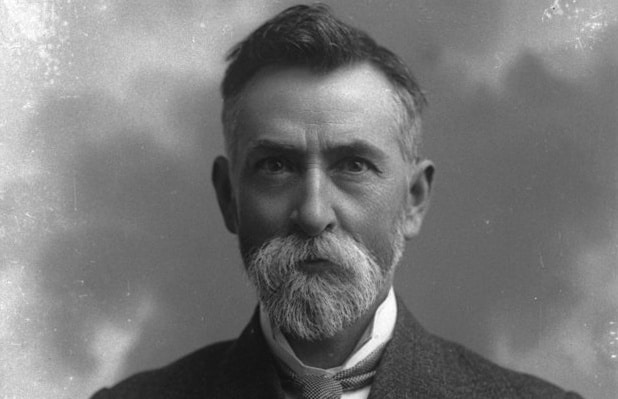Those who wish to know the bearing of Scripture on human hymns as matter of God’s worship should read the two excellent little treatises, respectively entitled, The True Psalmody, and The Public Worship of God, the first of which is an American publication, and the other was penned by the late Dr. [James] Gibson.
It is enough to state here that the Psalms are as much superior to uninspired hymns as God’s Word is to man’s word, and we ought to serve God with the best; that there is no warrant for worshipping God with human hymns, and therefore we have no ground for hoping that such praise will be accepted; and, further, while admitting that metrical translations of other portions of the Bible are not to be compared with mere human hymns, the fact of God’s having gathered the Psalms, Songs and Hymns of various inspired writers into one Book of Psalms, seems conclusively to show that that Book alone was meant to serve as our manual of praise.
Christ specially referred to “the Book of Psalms,” and Paul, quoting the words, “Thou art my Son, this day have I begotten thee,” says they are “ written in the second Psalm,” thus indicating that they were then arranged in their present order. There must be some reason why the Prayer or Psalm of Moses in the 90th Psalm found a place in that Book, though his Song in the 15th chapter of Exodus did not; why David’s Psalm of thanksgiving, when the ark was brought to Zion, is reproduced in the 105th, 96th, and 106th Psalms; why the 14th and 53rd Psalms are almost exactly the same; and why the 108th Psalm is embodied in the 57th and 60th. The reason given above seems the most satisfactory.
David Hay Fleming, ‘The Hymnology of the Scottish Reformation. I.’, Original Secession Magazine, 16 (1884), p. 462.


